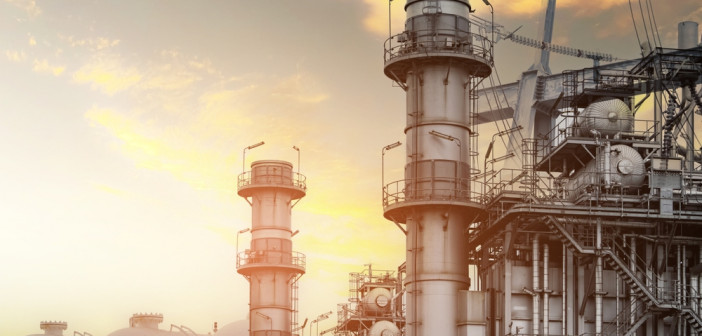Gas prices have hit their highest level for seven months amid rising fears of a squeeze on global supplies.
European wholesale gas prices rose to 53 euros per megawatt hour (MwH) – compared with 35 euros at the start of September.
The prices are still well below the 150 euros/MwH seen during the energy crisis last December and the all-time high of 345 euros/MwH seen in March 2022, but there are fears that an escalating Israeli-Hamas conflict could see further rises.
Traders were concerned over three separate potential impacts on supplies. Perhaps the biggest is that Israel, itself a major gas producer, has ordered US major Chevron to halt production at its Tamar gasfield.
Tamar produces about half of Israel’s 20 billion cubic metres of annual gas production and is also the closest of its three fields to Gaza. About a third of Israeli production is exported, either via pipeline to Egypt or as LNG to Europe. For comparison, the UK uses about 75 billion cubic metres of gas a year.
Separately, there are concerns that a rupture in the 45-mile-long Baltic Sea gas pipeline from Finland to Estonia was due to sabotage. Finnish president Sauli Niinistö has discussed the breach with Jens Stoltenberg, Nato secretary-general.
The pipeline is not a vital one but, as with the sabotaged Nordstream 2 pipeline, the incident shows the vulnerability of subsea infrastructure. The UK and Germany are both highly dependent on the much larger pipelines carrying gas from Norway.
Meanwhile, in Australia, workers at Chevron’s liquefied natural gas plant are threatening strikes at the Gorgon and Wheatstone facilities, which account for roughly 7pc of global LNG supply.
One analysis, by Trading Economics, which tracks economic indicators, said: “Prices have surged more than 26% this week due to concerns about gas supplies as the heating season approaches, with colder temperatures expected.
Tom Faulkner, Head of Assets & Infrastructure and Networks at Cornwall Insight, said the damage to the Finnish pipeline was particularly concerning for European supplies.
He said: “While the damage to the Finnish pipeline may not have immediate physical consequences, it’s expected to raise concerns among traders regarding potential threats to other gas infrastructure, in a similar fashion to NordStream.
“Consequently, although it may not directly affect supply security, this combined with events in the Middle East, will undoubtedly contribute to a rise in gas prices, which will ultimately filter through to consumers”.




